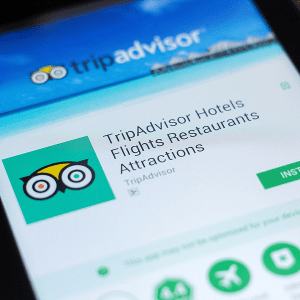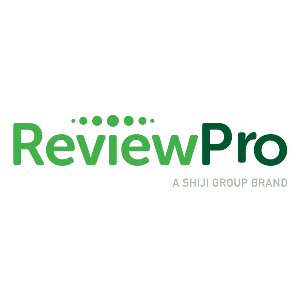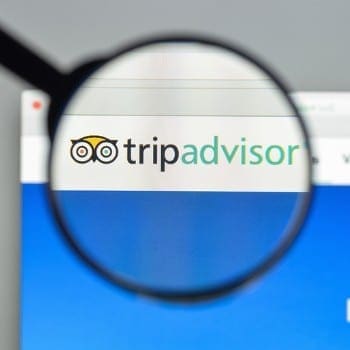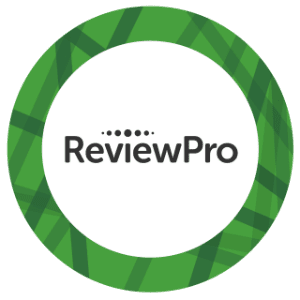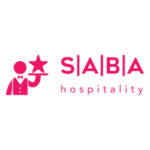 At the beginning of the pandemic, Google decided to temporarily suspend its Google Reviews feature. Now that businesses all over the world are slowly opening their doors again, the feature has been re-enabled and Google reviews are gradually coming in again. Let’s look at what happened, why, and how you can maximise this important review source.
At the beginning of the pandemic, Google decided to temporarily suspend its Google Reviews feature. Now that businesses all over the world are slowly opening their doors again, the feature has been re-enabled and Google reviews are gradually coming in again. Let’s look at what happened, why, and how you can maximise this important review source.
What happened with Google Reviews?
In March, Google decided to temporarily disable user reviews, review replies and Q&As for all businesses. This decision was partly made to protect Google’s own staff and reduce the need for people to come into the offices. Google’s reasoning was also that due to the confusion, chaos and accompanying business closures created by the pandemic, small and local businesses were extra vulnerable to negative reviews and they wanted to take steps to protect them. It is important to note that through Google Maps people could still write reviews, although they weren’t being published.
What is the situation with Google Reviews now?
Recently, with many countries slowly moving back into normality, Google has decided to gradually activate user reviews, review responses, and Q&As again. They are also publishing delayed reviews that came in through Google Maps. A ReviewPro analysis of over 22,000 hotels around the world showed that when it comes to review market share, Google represents about 37% of review volume. So, this could mean that hotels and restaurants will start receiving a high volume of old and new reviews at once
How do I best manage best this influx of reviews?
The hospitality industry is opening its doors again and so there are many things hoteliers have to take into account. Online reviews might not seem like a top priority now, however, having a positive online presence now is very important. Here are a few guidelines when handling these incoming reviews:
1. Read and monitor
Carefully read what your guests are saying and gain insights into your guests’ needs and how you can accommodate those needs in this new post-pandemic panorama. You can filter and set up alerts for COVID-19 mentions, so you can monitor any comments coming in and stay on top of crucial guest feedback.
Also, remember to implement changes according to this guest feedback – are your guests happy with the communication? Is there something they lacked? Or is there something they really enjoyed and you could be using in your hotel marketing? Guest feedback is still crucial.
2. Be selective
Responding to reviews is important, however, with limited resources and many other priorities it can be a real challenge. This is why it is important to revise and stick to a relevant management response strategy. Keep these thoughts in mind:
- With fewer reviews, you may want to alter your management response strategy and even respond to all reviews if that is feasible for your company.
- Flexibility is key, so as the situation improves and reviews start to increase, you may need to adjust this again.
- When responding to Google Reviews, keep in mind that by default Google shows users the most relevant reviews. Relevance for Google is based on word count, pictures, and the number of times that the name of the establishment is mentioned.
- Prioritise those reviews that mention any COVID-19 related issues, like cleanliness or services that are not functioning according to usual standards.
- Be time-sensitive. Responding quickly is important both for the guest you are answering as for potential guests. If possible try to respond to new reviews within 48 – 72 hours. Use the Google-integration to respond to all your reviews from one platform and save time and gain in efficiency.
3. Leverage responses
As people are starting to plan their vacations again, they will be extra careful before making a reservation. By responding correctly to these reviews you can use the opportunity to speak to prospecting guests shopping for their next holiday and announce the measures and steps you’re taking to reassure, inform, and set the right expectations. The reopening of tourism will be paired with a lot of questions and insecurities, so transparency and clarity are key. This is especially relevant if you are dealing with new policies and procedures for example around cleanliness.
4. Use templates
Using Management Response Templates can also be a real time-saver when you are suddenly receiving a lot of reviews but are still working with limited resources. Have different templates ready specifically for COVID-19-related issues for different types of guests: satisfied guests, unhappy guests, etc. By using dynamic inserts, you can create one template for an entire group or brand. Besides saving time, templates help you make sure to communicate key information and get a unified message across in the right tone of voice for your brand. Use those templates as a base and always remember to personalize your response to sound sincere. You don’t want to come across as robotic and generic.
Keeping yourself and your staff well informed while staying in touch with your guests is more important now than ever. During insecure times, information is key. Whether it be on Google, TripAdvisor, Booking.com or any other review site, communicating with your future and former guests is important to better understand the guest experience and to reassure and set the right expectations.


